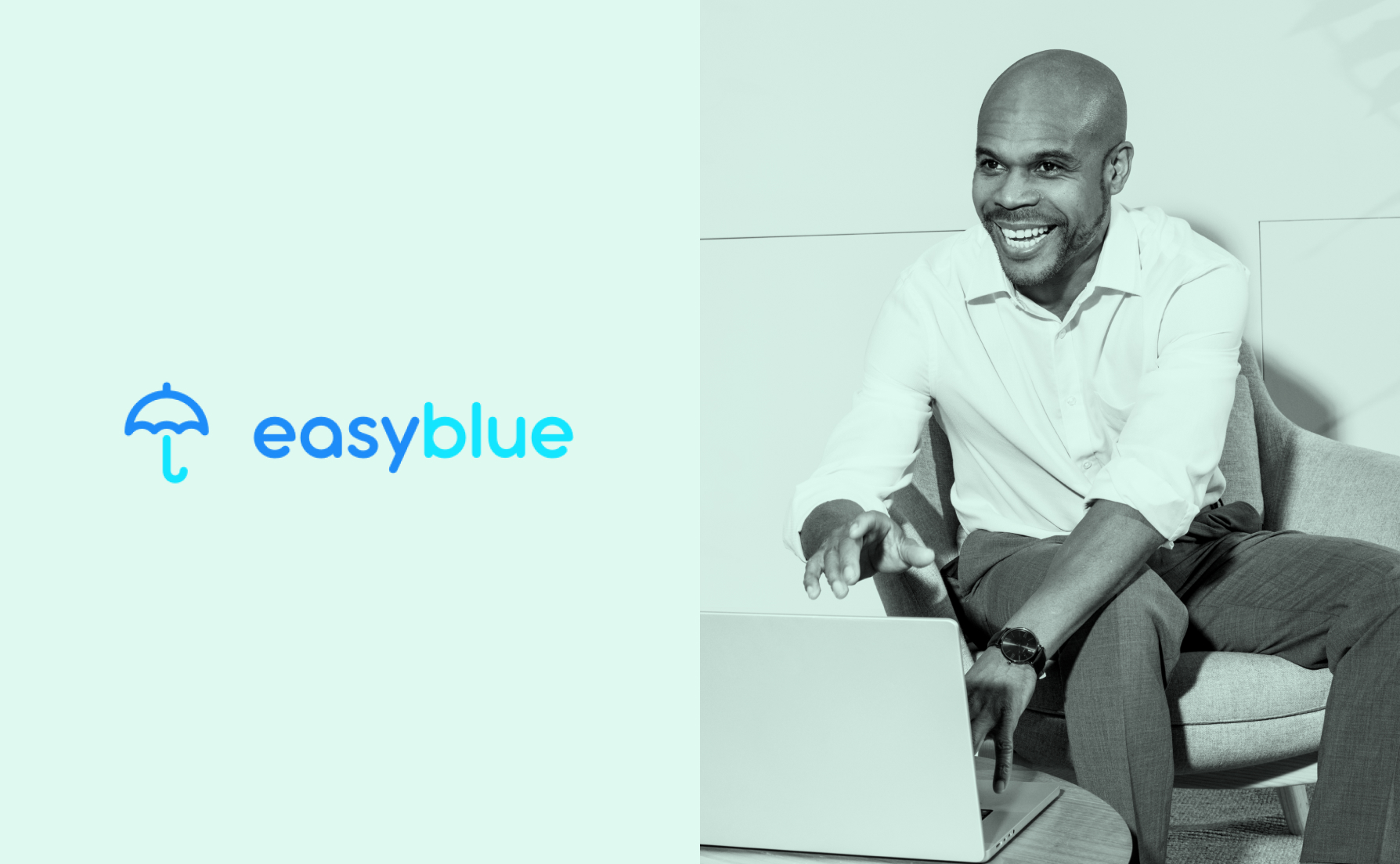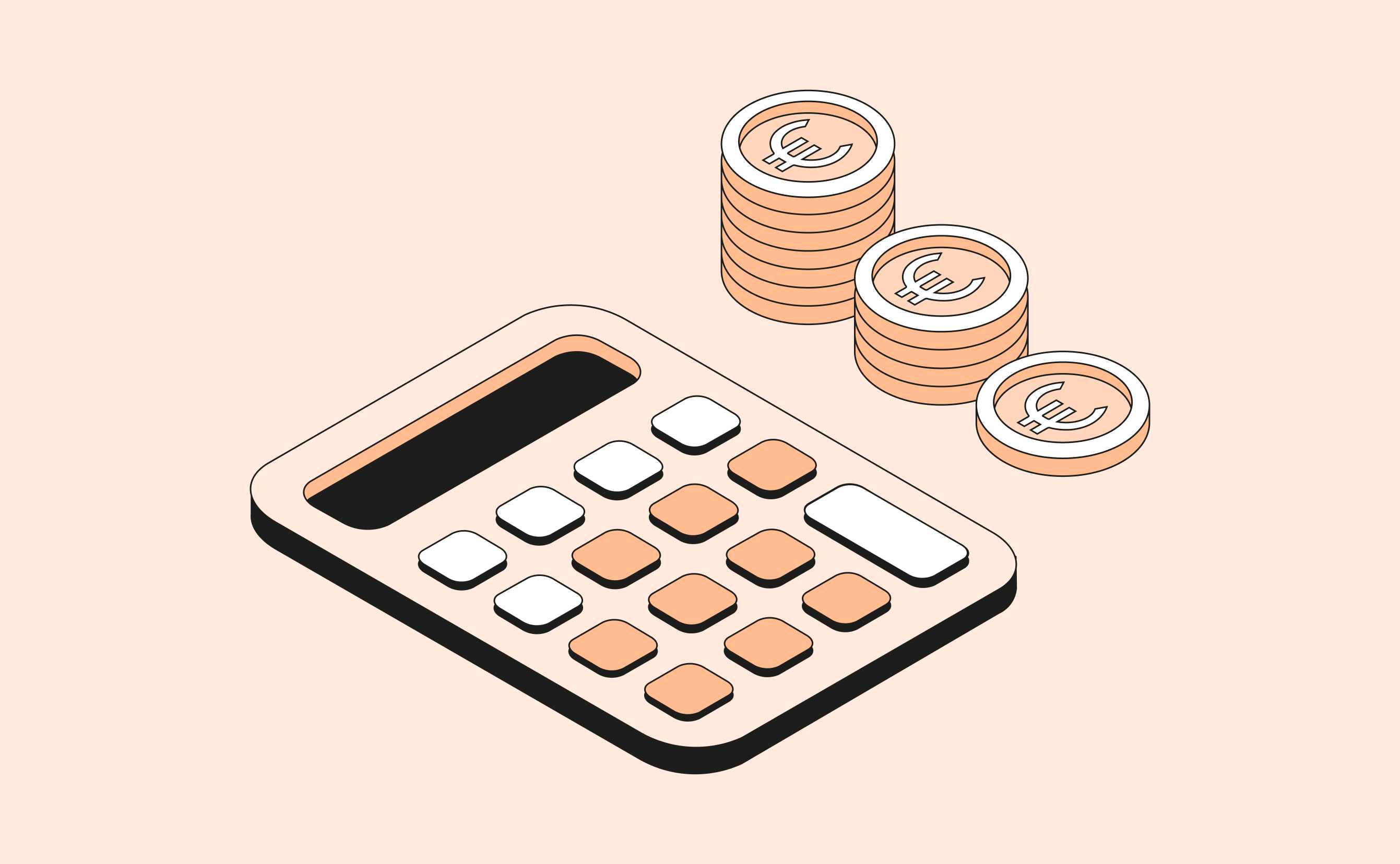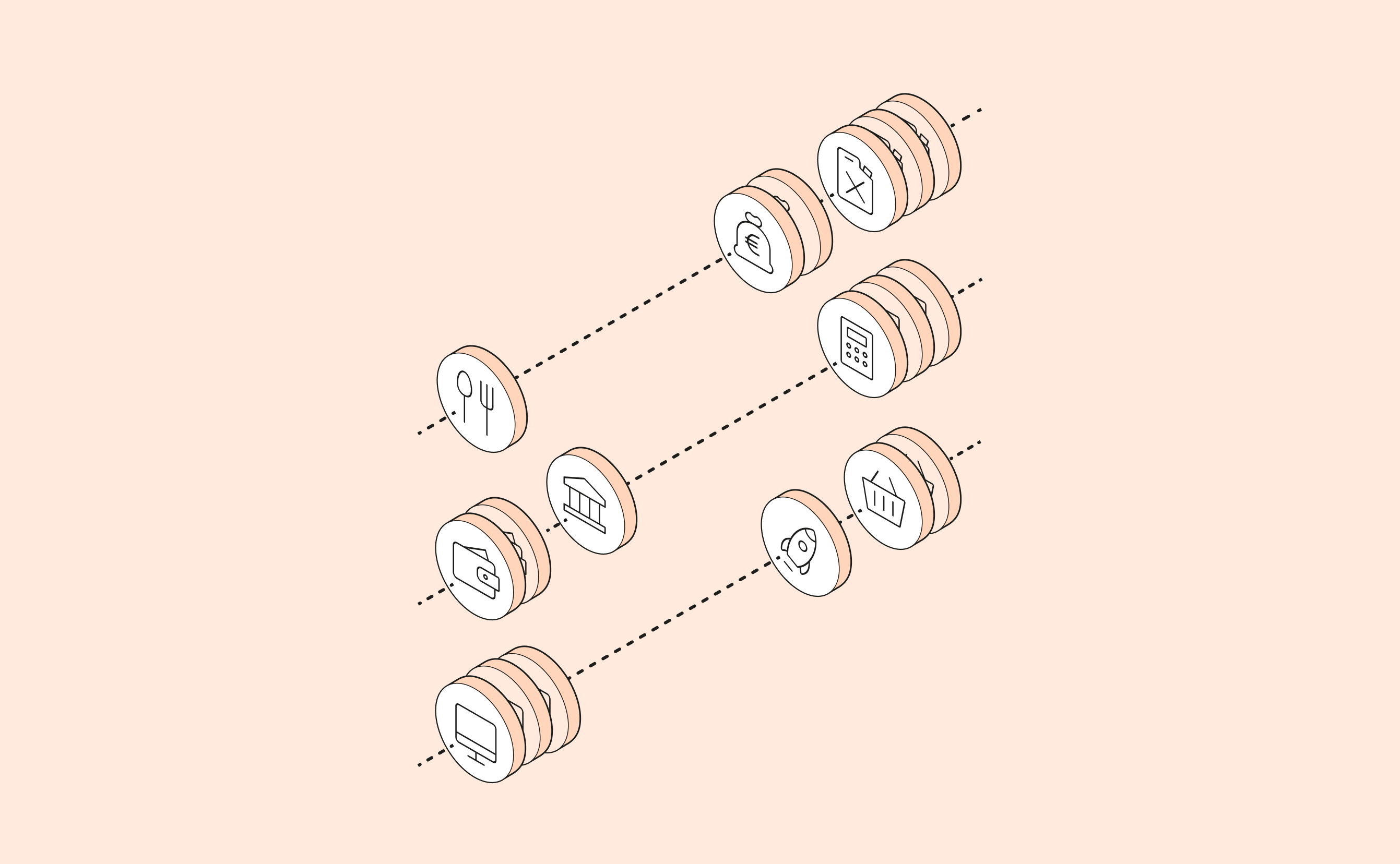Do you really need insurance for your business?

Professional insurance is often pushed down the list of a company's spending priorities. This might be explained by the natural optimism of entrepreneurs and their preference for exploiting opportunity over mitigating risk. But the reality is that bad things can happen and prevention is a more prudent option than cure.
As always with insurance, you only appreciate it when you really need it. So when might you need it? And which of the endless options out there do you really need? Which risks can you protect yourself against without needing to pay for insurance?
In this article, our partner Easyblue draws on its expertise to answer some of the most pertinent and common questions about all things insurance.
What are the various risks companies face?
It is a risky business, running a company. Danger comes in many disguises. A 2021 study by Allianz lists the most common and feared risks facing entrepreneurs, so let's start by looking at which ones may be the most relevant to you. Here are, in order, the top risks in the index:
- Cybercrime. Almost one in two companies were affected by some kind of cyberattack in 2020 and the main threat was the theft of client data.
- Interruption or suspension of activity. This is often the result of an accident, which can be costly in itself even before the loss of activity and income is factored into the equation.
- Pandemics. A new entry in the list for obvious reasons. They are extremely difficult to predict and the consequences cover the whole spectrum, from a day or two of sick leave to the closure of entire markets.
- Fire damage. Although rare, a fire can devastate a company. Whether it's the destruction of files, stock or a production line, fires can - and do - force the suspension of a company's activity.
- Damage to reputation. This is, in many cases, the result of a cyberattack. A company that is defamed can lose the trust of existing and potential customers, which generally means a loss of income.
How can you protect your business?
A lack of time to research and poor understanding of the risks involved are typically among the biggest difficulties when it comes to protecting a business. The following tips should help in both respects.
Professional risk can be divided into three categories:
Material risk
These are perhaps the easiest to predict and, therefore, the easiest to prevent. Common sense should prevail here.
- To protect against theft, keep laptops and smartphones where you can see them. For stock, choose a safe premises with multiple locks. Avoid leaving sensitive or expensive items in cars as most insurance policies don't cover overnight theft from a vehicle.
- To prevent fires, turn off as many electrical appliances as you can before leaving the office or warehouse. Turning off the water is also recommended during longer periods of closure such as holidays to reduce the risk of flood damage.
- To avoid breakage, a simple but robust phone protector or laptop case is often a very wise investment.
Corporal risk
Risks to a person's health and safety are more serious and more expensive. A broken leg or burned hand will inevitably lead to sick leave at the very least, and in some cases legal action. To avoid the risk of physical harm, keep three verbs in mind: know, inform, prevent.
- Knowing which risks staff might be exposed to and logging them in an occupational risk document (In France the DUER - Document Unique d'Évaluation des Risques professionnels) is a good first step.
- Inform staff of the potential dangers and provide appropriate training, so nobody can say they hadn't been warned.
- Prevent accidents by ensuring a safe working environment with adequate lighting, properly maintained equipment and well-adapted working hours and timetables.
💡 Good to know: when an employee suffers an accident associated with a risk that the business owner should have previously known about, this constitutes "inexcusable misconduct"on the part of the employer. Any claim by the employee cannot be contested and any penalty will likely be more significant.
Financial risk
Purely financial damage is often a consequence of either bad advice and information (or lack thereof) or a cyberattack. The means of defence are common-sense, but sometimes forgotten.
- Carry out due diligence and look into new customers before taking them on.
- To avoid being hacked, use different and longer passwords, and only share them on a strictly need-to-know basis.
- Make sure you keep important and sensitive files in 3 different places (your computer, the cloud and a hard-drive, for example). This way you can be confident that at least one of these locations will be safe if something goes wrong (a fire, theft, cyberattack, outage in the cloud etc.)
Which insurance policy do you need?
You can take all the precautionary measures you like but you'll never be free of the risk of accidents. If, despite your best efforts, something goes wrong either to you or to someone else for whom you're responsible, it can prove mightily expensive.
One way to identify and to quantify the risks your business is exposed to is to draw up a list. To help you do this, visit the website of an insurer and examine the contracts they propose. By seeing what risks they cover, you'll get a good idea of how urgently you need to be insured, and against what.
Another tactic is to fill out a questionnaire provided by some insurers. Answer the questions about your company's activity and the software will be able to determine a good number of the risks and needs that are relevant to your business. To give you an idea of the products that exist on the market, we've again divided them into three categories.
Insuring people
- Health insurance. Known in France as "la mutuelle", these top-up healthcare policies are widespread. In fact, with a few exceptions they are mandatory in the French private sector. Companies must provide employees with a top-up health insurance policy and employees must subscribe (although some can opt out under certain conditions). These private policies largely cover what is not reimbursed by social security, which in theory means employees do not have to pay for healthcare from their own pocket.
- Complementary health coverage (In French: "une couverture prévoyance"). This contract covers death and disability benefits: if an employee dies or becomes incapacitated and unable to work, her or his family (usually spouse and children) will continue to receive a revenue to compensate for lost future earnings.
Insuring assets and income
- Business premises insurance. This covers the risk of theft, fire and water damage (among other misfortunes, depending on the insurance policy). Who might need it? Whether your place of work is your living room, a co-working office or company HQ, only a dedicated business insurance policy will cover the risk to your business.
- Business equipment protection. This covers the equipment and material you need to run your business. Useful for whom? Anyone whose company relies on a computer. IT equipment is particularly precious, both in value and behavior. Insuring your IT set-up will at least allow you to continue working should anything go wrong with your equipment.
Activity-related insurance
- Professional civil liability insurance (a.k.a. "la responsabilité civile professionnelle" or RC Pro in France). This is perhaps the most important risk to cover, as it protects against potentially ruinous claims for damages by third parties. Do you need it? It could come in very useful if there's an accident on your premises, a professional mistake that costs someone else, or if you break something that's not your's.
- Cyber liability insurance. As mentioned earlier, cybercrime enjoyed a boom during the Covid pandemic, making this protection increasingly sought-after. Is it for you? The main cyber threat is to the theft and/or destruction of data. That data can take time (perhaps several days) to retrieve, which may delay your operations, depending on your activity.
We all have to live with risk. There are risks we can eliminate, those we can mitigate and those we can do nothing about. Before deciding whether you need insurance - and against what - take the time to assess which risks your business might be exposed to. Compare the various policies and the various insurers.
If you decide you do need insurance, there are plenty of different solutions and places to find them. You can tailor your insurance policy to the characteristics of your company.
Hopefully you won't need it but, if you do, you'll appreciate it.






